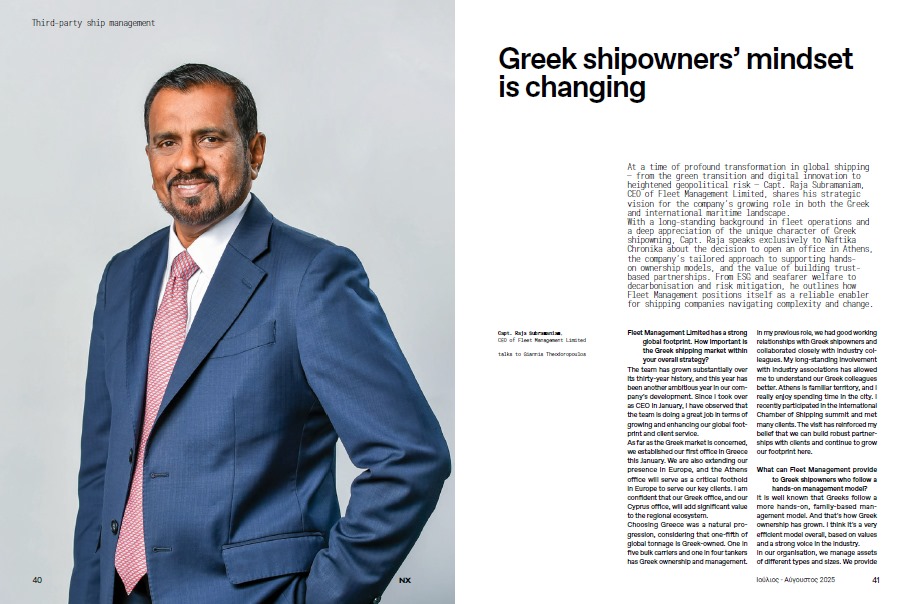
At a time of profound transformation in global shipping – from the green transition and digital innovation to heightened geopolitical risk – Capt. Raja Subramaniam, CEO of Fleet Management Limited, shares his strategic vision for the company’s growing role in both the Greek and international maritime landscape.
With a long-standing background in fleet operations and a deep appreciation of the unique character of Greek shipowning, Capt. Raja speaks exclusively to Naftika Chronika about the decision to open an office in Athens, the company’s tailored approach to supporting hands-on ownership models, and the value of building trust-based partnerships. From ESG and seafarer welfare to decarbonisation and risk mitigation, he outlines how Fleet Management positions itself as a reliable enabler for shipping companies navigating complexity and change.
Fleet Management Limited has a strong global footprint. How important is the Greek shipping market within your overall strategy?
The team has grown substantially over its thirty-year history, and this year has been another ambitious year in our company’s development. Since I took over as CEO in January, I have observed that the team is doing a great job in terms of growing and enhancing our global footprint and client service.
As far as the Greek market is concerned, we established our first office in Greece this January. We are also extending our presence in Europe, and the Athens office will serve as a critical foothold in Europe to serve our key clients. I am confident that our Greek office, and our Cyprus office, will add significant value to the regional ecosystem.
Choosing Greece was a natural progression, considering that one-fifth of global tonnage is Greek-owned. One in five bulk carriers and one in four tankers has Greek ownership and management.
In my previous role, we had good working relationships with Greek shipowners and collaborated closely with industry colleagues. My long-standing involvement with industry associations has allowed me to understand our Greek colleagues better. Athens is familiar territory, and I really enjoy spending time in the city. I recently participated in the International Chamber of Shipping summit and met many clients. The visit has reinforced my belief that we can build robust partnerships with clients and continue to grow our footprint here.
What can Fleet Management provide to Greek shipowners who follow a hands-on management model?
It is well known that Greeks follow a more hands-on, family-based management model. And that's how Greek ownership has grown. I think it's a very efficient model overall, based on values and a strong voice in the industry.
In our organisation, we manage assets of different types and sizes. We provide technical and operational management expertise for more than 600 vessels. This includes bulk carriers, containerships, PCTCs, oil tankers, chemical tankers and gas tankers. Moreover, we supervise over 100 newbuilding vessels of different types and segments. So collectively, and with our investment in technology and operating systems, we can add value in a manner that could lead to strategic partnerships in terms of providing services to shipping companies. What drives our organisation is that we adopt an owner’s mindset and conduct technical management in a professional way.
It is also important to note that we have expanded our team, as we believe that our people are the centre of everything we do. Additionally, we are building business relationships based on trust and transparency. And I strongly believe that we have the credibility and potential to form more strategic partnerships.
I have observed that the mindset of Greek shipowners is evolving. I come from an ownership and mostly in-house management environment. In my previous role as President & CEO of a well-established maritime brand, I have also led its ship management unit which has shaped my outlook from both perspectives. I believe that some level of benchmarking is essential, as it allows shipowners to share and implement best practices internally. And scale has become a potential game changer in a fast-evolving geopolitical and legislative landscape.
These could be some of the areas that we can develop, and we intend to do so gradually – by building credibility, trust, and transparency. Flexibility and reliability are also reference points for Fleet. And when we talk about flexibility, we mean how our clients and partners can access our system in real-time to find data and information that they can act on. Mutual respect is equally important. I sense and hear a great deal of respect amongst the Greek shipowners for the mariners. Speaking with some of our clients in Greece, for example, has given me a lot more assurance in terms of how my team is doing, and I'm fully confident that we can add value to the ecosystem.
Do you foresee a shift in the Greek market towards more outsourcing of technical and commercial management functions in the years to come, given the challenges the shipping industry will face?
When you look at what's happening globally in terms of technological advancements, environmental issues, and changes in trading patterns, you realise that shipping companies today need sufficient scale to manage these challenges. We’ve been discussing decarbonisation with some of our Greek clients, and I firmly believe it’s only a matter of time before all companies will need to adapt to this new reality. The MEPC 83 proposals require further clarity, and I trust that progress will be made during the October discussions, but the new reality is already quite clear. We know the direction of travel for the maritime industry and other hard to abate industries. In this context, we are strengthening our services to support the transition; they cover technical management of dual-fuel vessels, newbuilding supervision, and real-time advice and expertise.
How does Fleet Management maintain high standards for its maritime professionals? What is the role of ESG for your Group?
We're partnering with maritime institutions in our key markets, namely India, Philippines and China. The Group has also invested in acquiring a maritime institute in India called the International Maritime Institute (IMI). Through this investment, we are focusing on a future talent pool of maritime professionals, from all the major nationalities in our talent pool.
As an organisation, we are investing in the future. At the same time, we make efforts to develop the skills and training of seafarers employed on our vessels. Gender diversity is of paramount importance as well. I'm a strong believer that our industry needs gender diversity. Women represent half of the global population, and a high number of women professionals are reaching the highest level of management. We must continue to create opportunities for good talent to flourish.
Coincidentally, we have just released our Encompass responsibility report, which I am very proud of. It outlines our five-year plan in terms of DEI, as well as how we want to achieve environmental sustainability, social sustainability, and governance best practices. We have colleagues who have grown within the organisation, and we're also bringing in new, talented professionals.
With growing geopolitical tensions and shifting tariff regimes, how do you foresee global trade patterns impacting the shipping industry, and what role does a ship manager like Fleet play in helping clients navigate this uncertainty?
It’s a very interesting world we are living in. Our thoughts and prayers are with everybody who was unfortunately affected during the global COVID pandemic. More recently, geopolitical tensions have led to the loss of lives and injuries, which is simply unacceptable. My personal hope and prayers is for global peace.
Shipping is responsible for more than 80% of global trade, so without shipping, there is no trade. Our seafarers are in the frontline, ensuring the uninterrupted flow of trade. This is something to be respected, acknowledged, and admired, because the people on the frontline are the ones who are braving this uncertainty. Exposing seafarers to external risks, such as geopolitical ones, is completely different to the risks faced on a ship. At Fleet Management, we have a robust risk management system, evaluating the processes and ensuring that our people, the environment, and the assets are protected and that risk is managed to an acceptable level. We provide a 24/7 service coverage in all geographical areas we operate, from China, Hong Kong, Manila, India, Singapore, and Cyprus to Turkey, Greece, the US, Japan and Korea.
Recently, we faced challenges related to the latest Iran-Israel conflict. There’s ongoing spoofing activity, and our vessels are supported by onshore support teams to navigate these challenges. When one of our managed ships is in these waters, we monitor all parameters such as other vessels, GPS systems, etc. There are cases when we have had to stop vessels because safe navigation in that environment was not possible. Conducting risk assessments and contacting the local authorities is the safest way to pass through the region and ensure safe navigation. These scenarios are becoming part of our daily operations, and our 24/7 support team is always available to assist our clients in navigating these risks.
Our crew at sea is also supported. For those who may struggle with the stress of these situations, we have a dedicated Fleet Care team. Our psychologists ensure their mental wellbeing, while we also try to enhance seafarers’ connectivity with their families. I am very proud of the ecosystem we have built.
So that's why I can confidently say we are a reliable enabler to global trade, and we have a team of professionals who will provide the support required. We also have a team of skilled professionals at sea to manage unfortunate situations which we do not have control over. It is global leaders who have control, and I hope that some sort of normalcy will soon prevail, as the above-mentioned crises are recurring.
Credit:
This article was originally published in Naftika Chronika: https://www.naftikachronika.gr/2025/07/30/diavaste-sto-tefchos-ton-naftikon-chronikon-pou-kykloforei-49/

.jpeg)
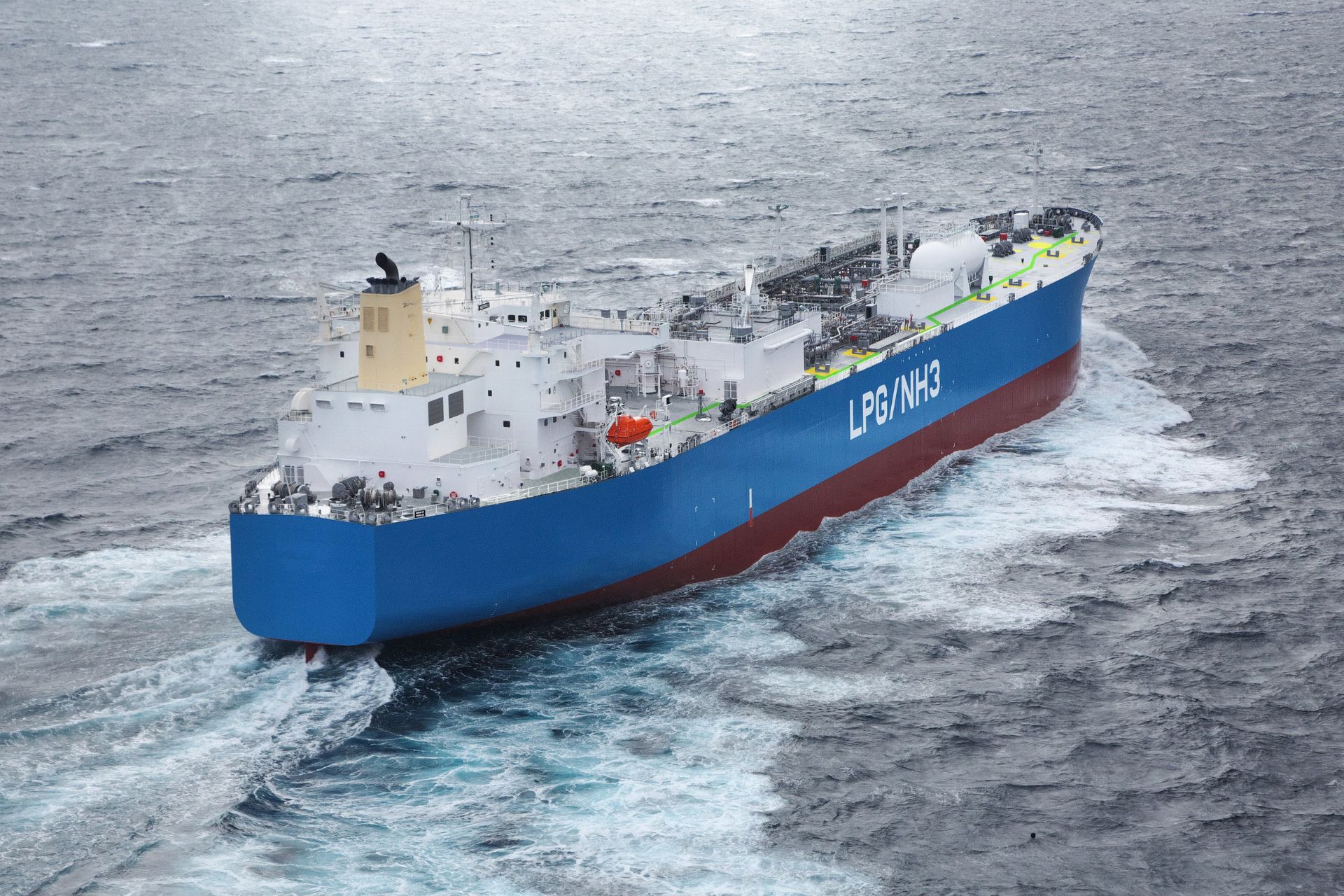

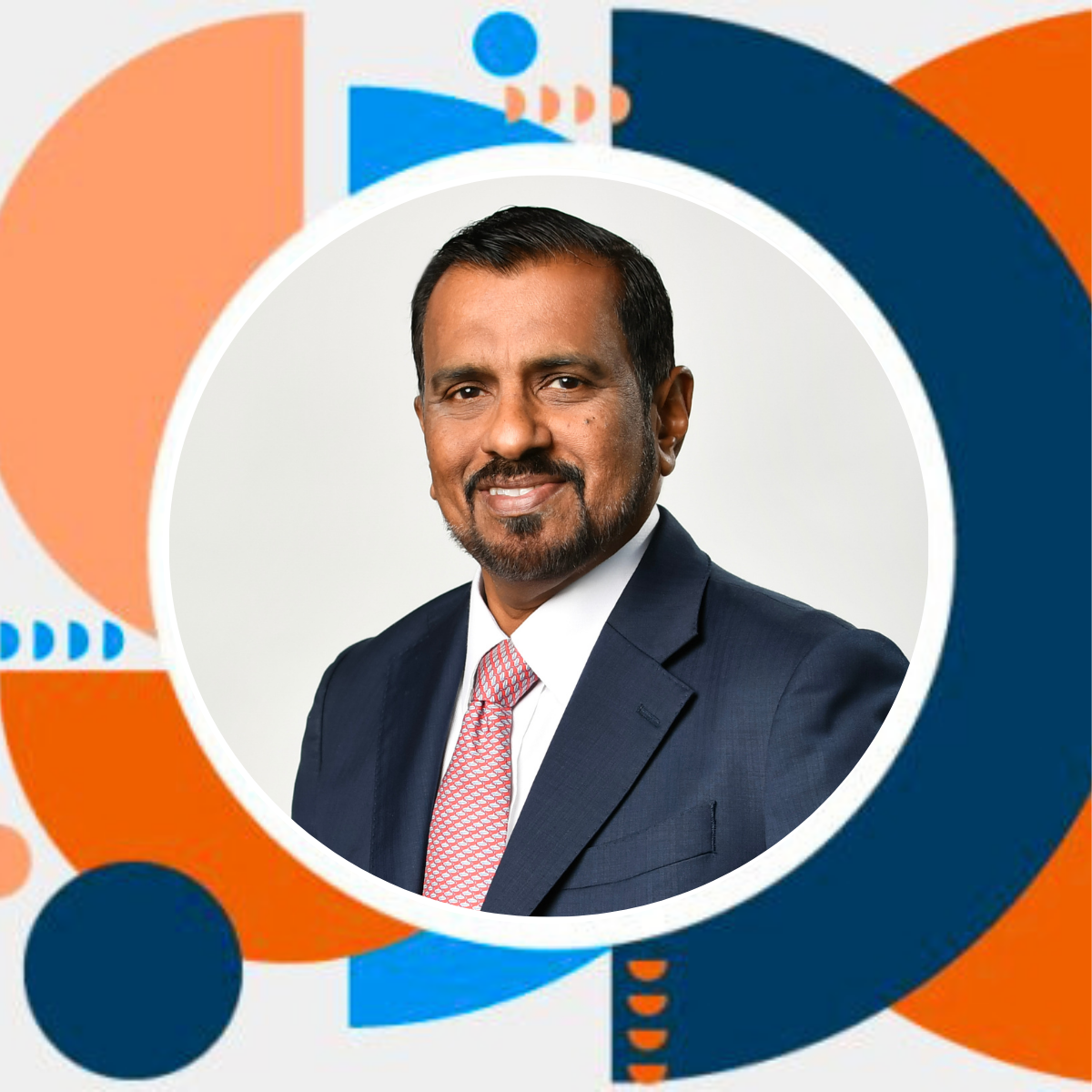
.jpeg)
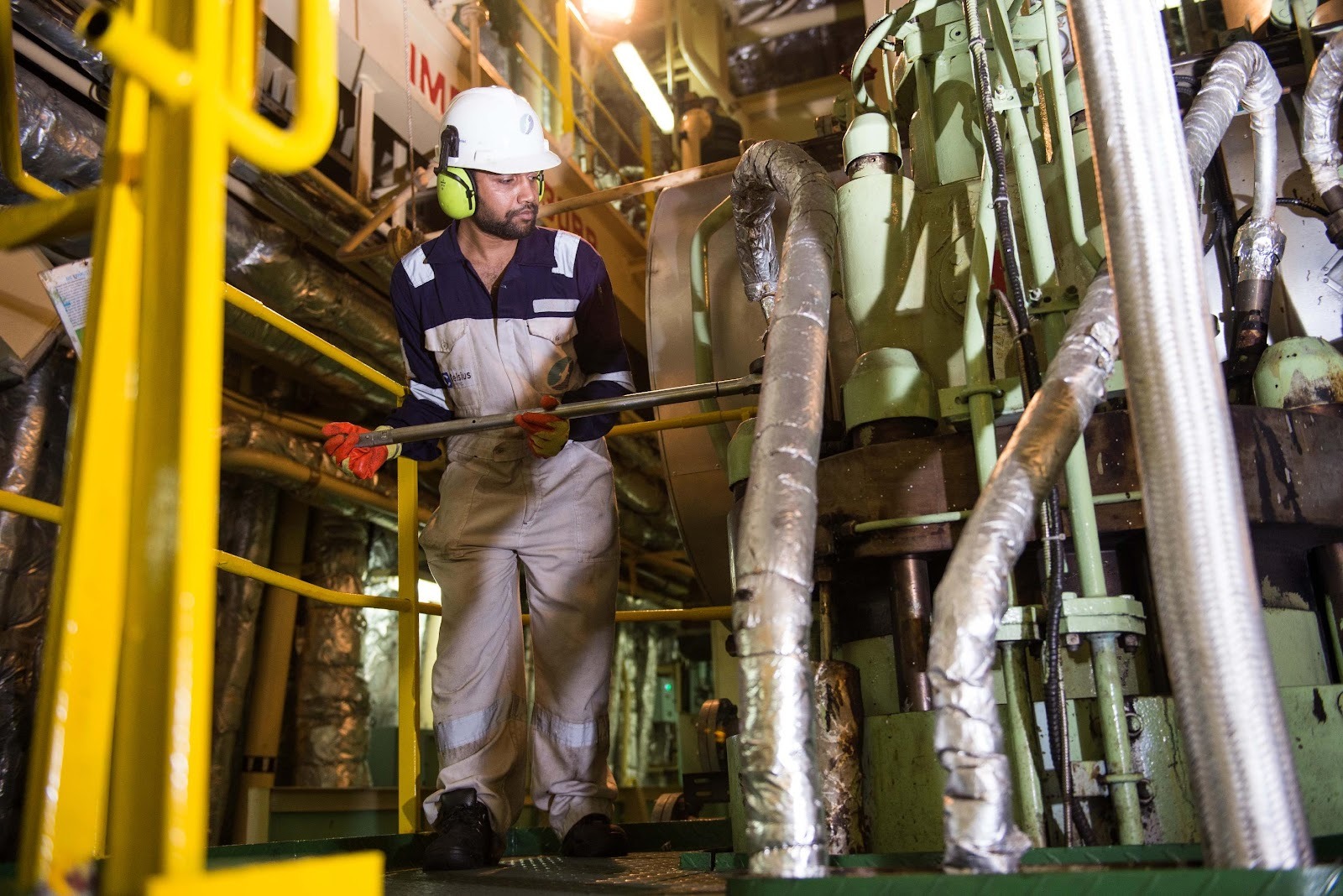

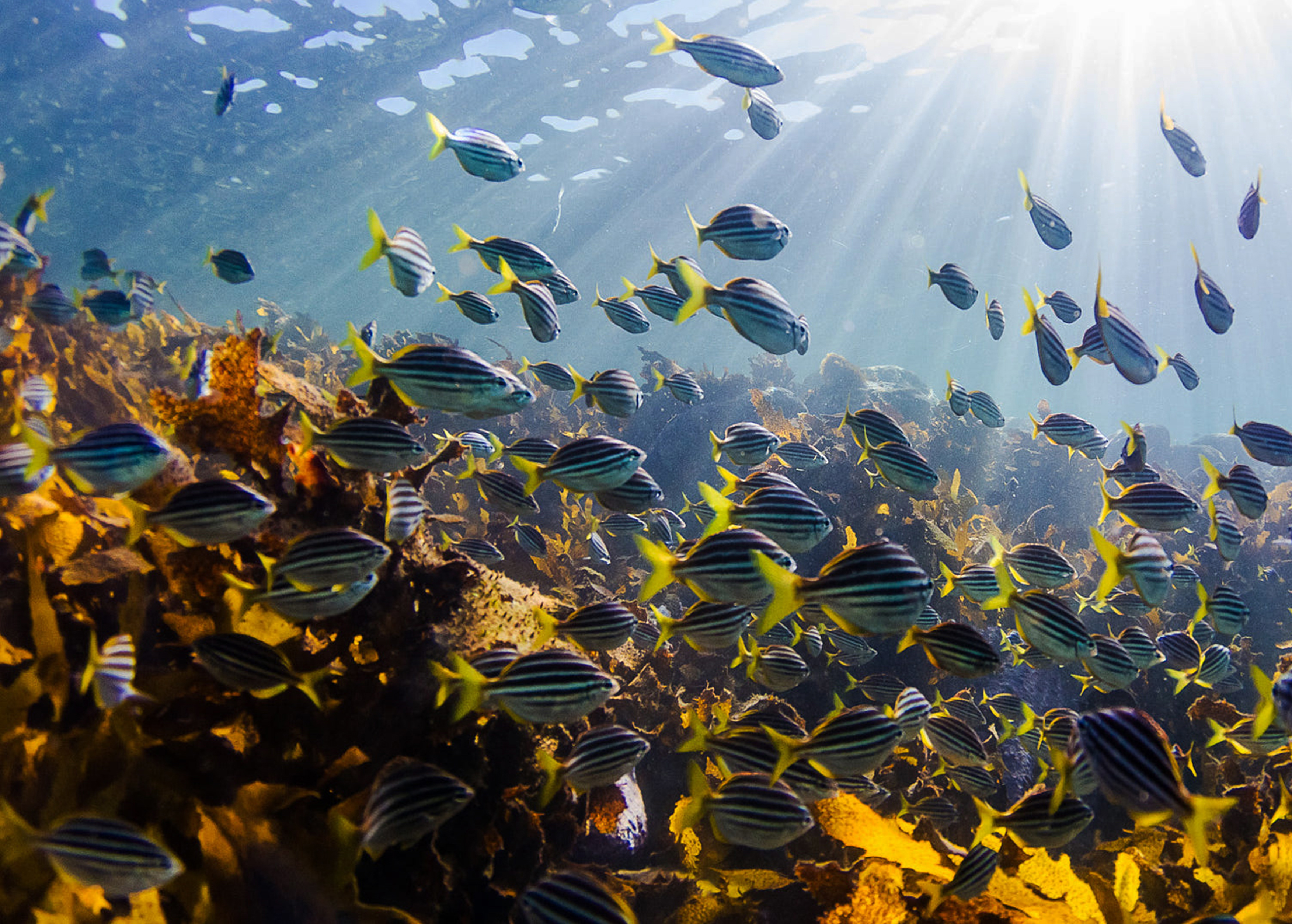
.png)

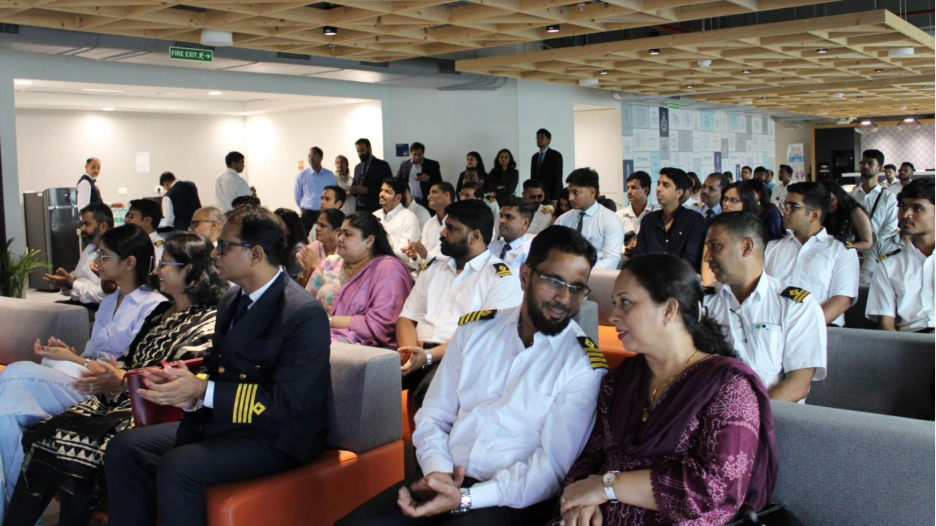
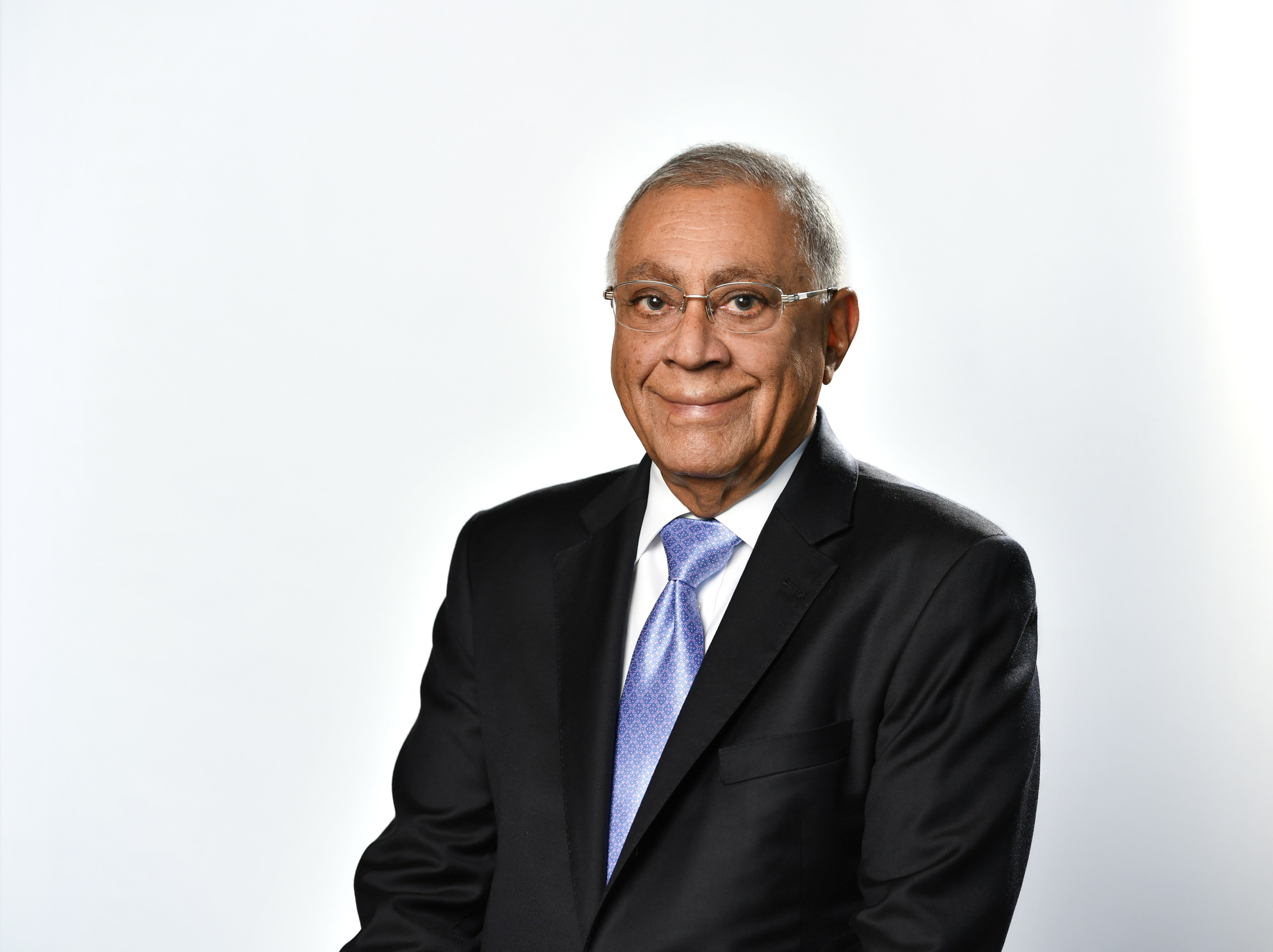



-min.png)

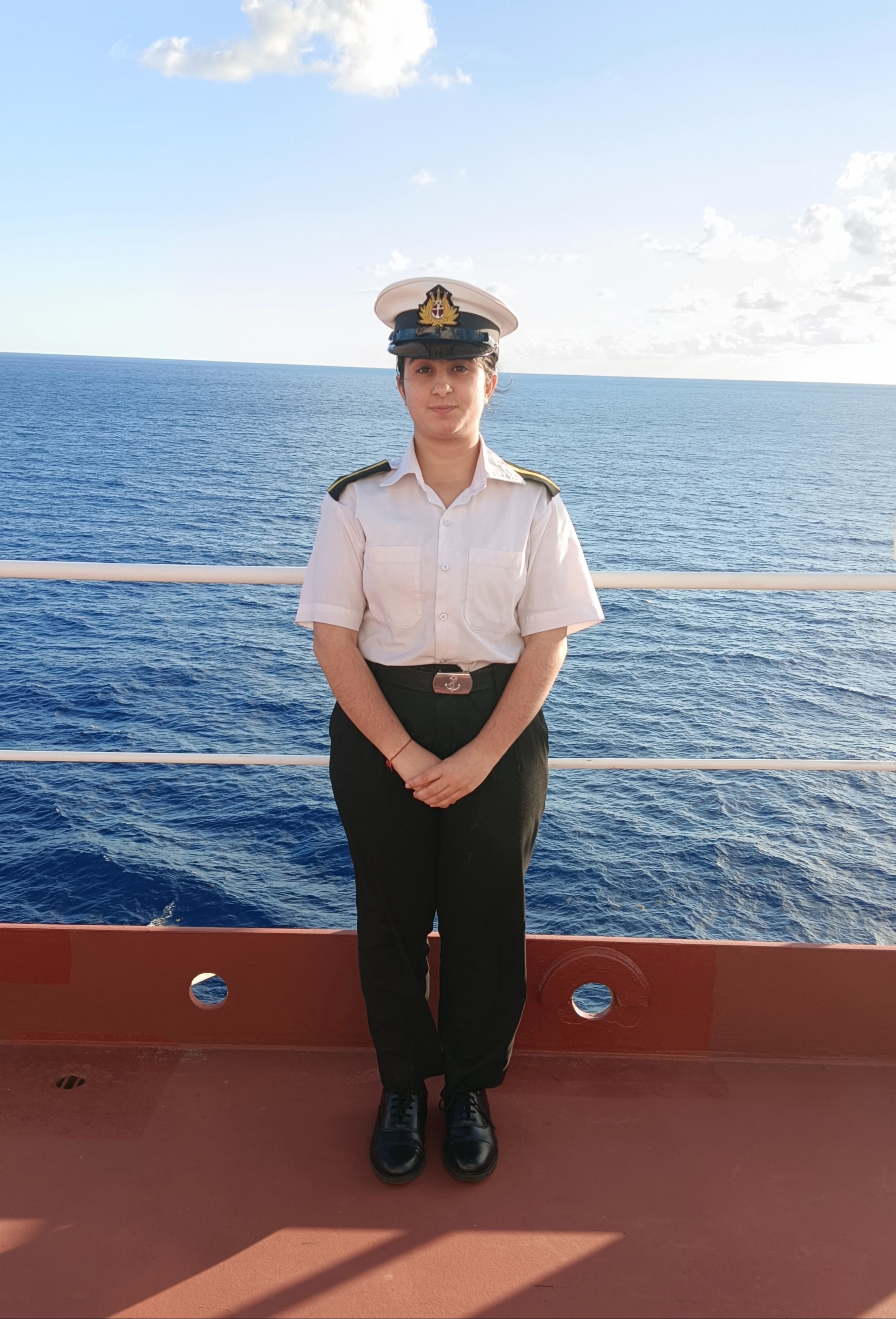








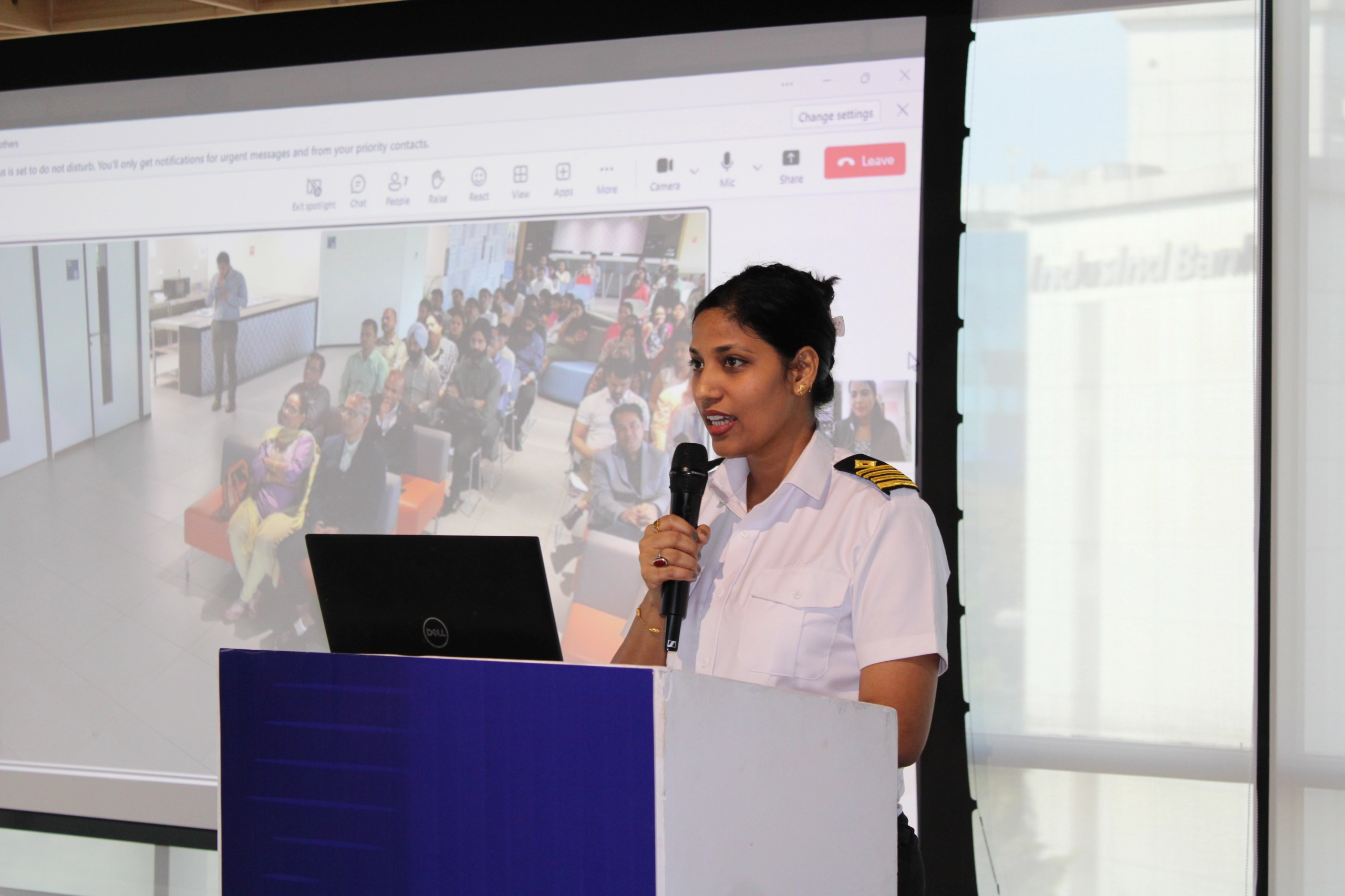






.svg)